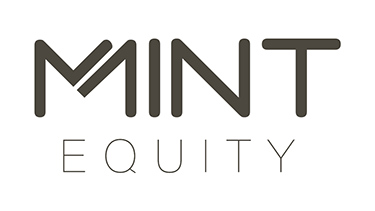Before applying for a home loan, it pays to think ahead as to how your income status will affect your home loan application.
When home loan lenders view your application, they will assess if you are a low, medium or high risk applicant. Your income arrangements are a big factor in that assessment and may restrict which lenders you can apply to and what terms and interest rates they will offer.
The biggest misconception around employment structure is that directors of companies think they are a PAYG employee if they draw a salary from the business. This is not the case and lenders will check directorships before reviewing a home loan application.
Employee VS self-employed risk profile
PAYG employees
The lowest risk applicant is a PAYG employee with stable employment, ie not on probation. Regular salaried payments provide comfort to the lender that there is a steady stream of income and some lenders will also include commission and regular bonus payments as part of the overall income.
A PAYG employee will only need to provide payslips (usually the last 3 months) showing the regular income with the home loan application.
To be considered a PAYG employee, you cannot be a director of the company you are employed by. If you are a director, refer to the section on company directors.
Contractors
Contractors with a long-term contract in place are considered a low-risk. Contractors who have short term contracts within this same industry and type of work are considered more medium-risk.
A contractor will need to a copy of the contract and provide historical payslips from the company as well as bank statements to show the payments have been received. If the contract has less than 6 months to run, you may also need to provide proof that the contract is going to be renewed.
To be considered as a Contractor, you cannot be a director of the company you are engaged by. If you are a director, refer to the section on Directors or if you are contracting under an ABN, refer to the sole trader section.
Consultants
Consultants can be classified in two different ways depending on the arrangement. A consultant who works for a company and receives payslips from that company will revert back to being a PAYG employee. Whereas a consultant who consults under their own company or ABN will be considered self-employed if they are a director or sole trader.
Sole traders
Sole traders are considered self-employed and are classified as a medium-risk applicant by lenders. Sole traders will need to provide their individual tax returns, notice of assessment and a letter from their accountant to showcase their income.
Company directors
Self-employed applicants are classified in the high-risk category for home loan lenders.
If using income from a company that you are a director of, the lender considers you self-employed. Even if you generate payslips through your company, a lender will need the full financials for the company. Directors are able to vary the amount they are paid through the company, so the lender will want to see that the company is profitable.
Depending on the lender, the last two financial year returns or draft returns will need to be provided. The lender will then assess your income capacity based on the financials of the business. How much income you draw via the business as an employee is somewhat irrelevant.
Lenders will also run full company background checks to confirm the directorship status and history, ATO debts and whether the company is registered for GST, which is often an indicator of expected revenue.


